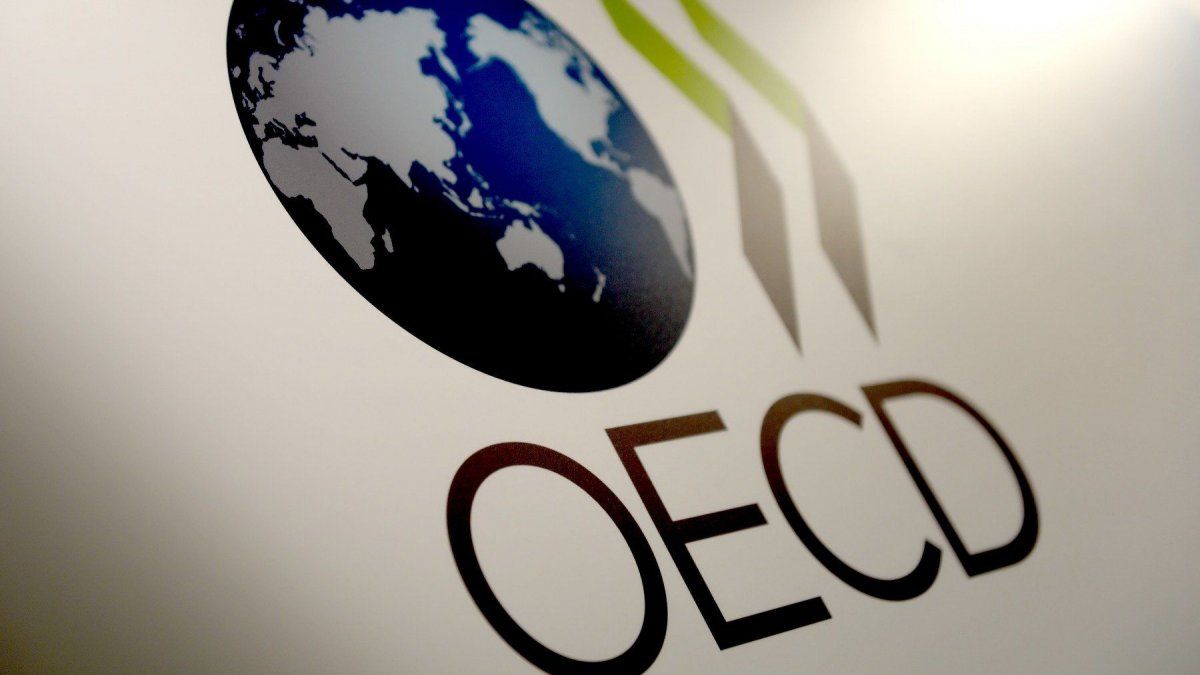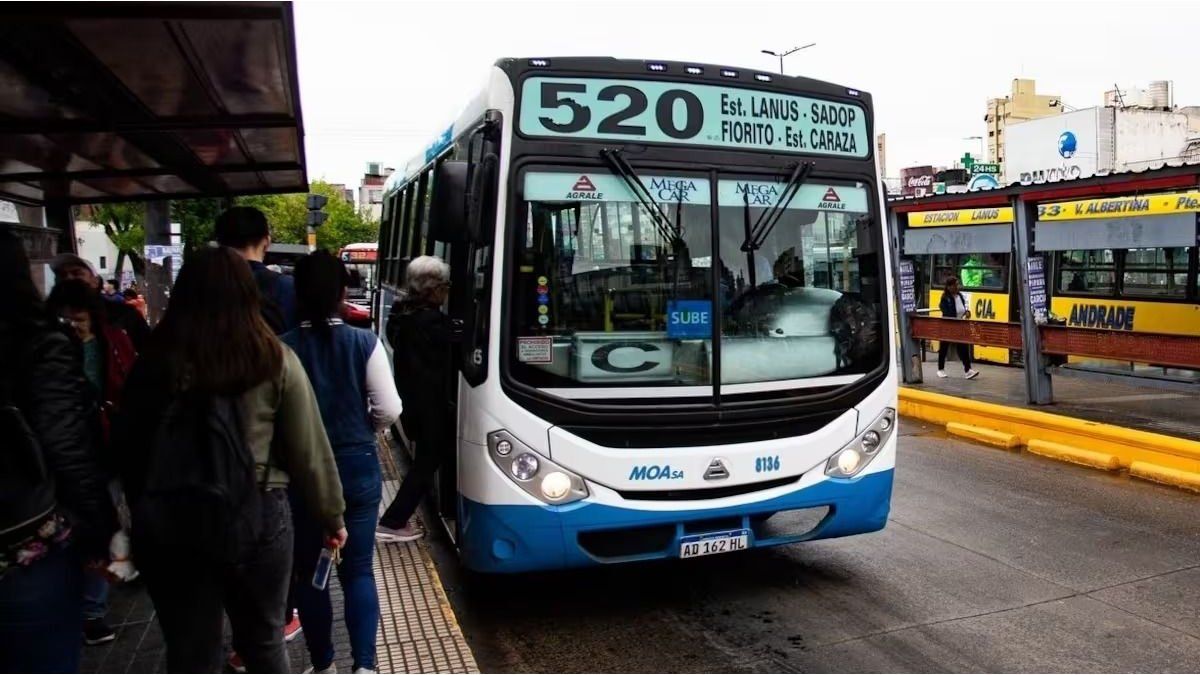By Grow, Gender and Work Team.-
The pronouns are those words that fulfill the function of naming a person, replacing their name. Historically, Spanish has masculine pronouns -he, them, us-, and feminine pronouns -ella, ella, nosotras-. But the progress that occurred in recent years Regarding awareness of gender identity –which can transcend binarism– and the rights that these advances consolidated, They often make language fall short for us.
For this reason, from Grow- gender and workwe launch the Guide: use of pronouns. Suggested good practices, with the aim of providing tools to organizations that want to take charge of these transformations.
Naturalize the question
The guide proposes concrete examples, from different types of scenarios, interactions or modalities that are presented in the daily reality of work spaces, so that they can be put into practice. And along these lines, a fundamental pillar of the guide has to do with naturalize the question.
Employment work group
Naturalizing the question has to do with stopping assuming the other person’s gender.
According to Loréne Belloni, diversity specialist at Grow- gender and work, “We seek to promote the question of people’s pronouns, and that all people can express them, not just a transvestite or non-binary person. That they can express them and that they can ask them: What pronoun do I refer to you with?. Naturalizing the question has to do with stopping assuming the other person’s gender.and to understand that there are people who identify with more than one pronoun.
It’s not just the guide
The guide is proposed in a context in which various regulations are in force that seek to guarantee the rights of the transvestite, trans and non-binary community: the gender identity law, 2012; The transvestite trans labor quota law and the implementation of the non-binary DNI, of 2021, are the main ones. All initiatives that were pioneering in our countrybut they did not manage to end social exclusion: In Argentina 8 out of 10 TTNB people are not incorporated into the formal labor market (Public Ministry of Defense, 2017 and Fundar 2023).
That is why we seek to accompany organizations that are carrying out transformative actions. The guide is another tool, which is complemented by the work we do as an NGO. Particularly, since 2022 we implement, together with Hire trans, the program Exclusion Gears, which seeks to promote spaces for reflection within organizations, so that each one begins to implement concrete actions linked to the inclusion of transvestites, trans and non-binary people in the formal labor market.
Employing organizations They can play a fundamental role in building a society with more and better opportunities for all people. From Grow- gender and workwe accompany them on that path.
Source: Ambito
David William is a talented author who has made a name for himself in the world of writing. He is a professional author who writes on a wide range of topics, from general interest to opinion news. David is currently working as a writer at 24 hours worlds where he brings his unique perspective and in-depth research to his articles, making them both informative and engaging.




